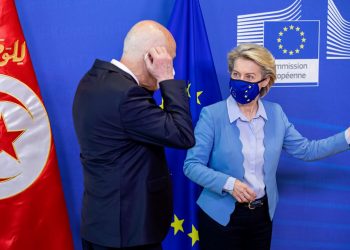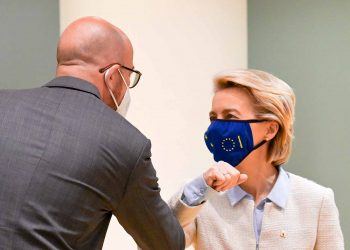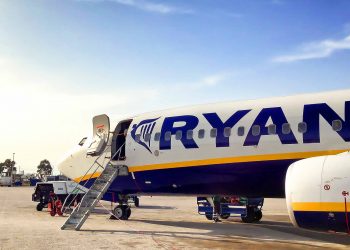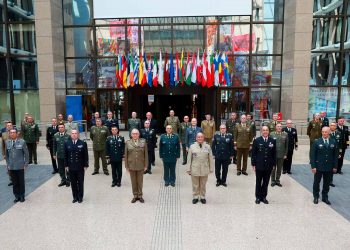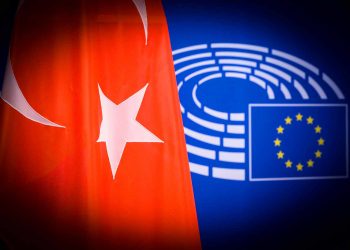The EU has dispatched further personal protective equipment to North Macedonia and Montenegro from its rescEU medical reserves hosted by Greece and Germany. North Macedonia received 107,000 FFP2 masks, 35,000 medical gowns and 140,000 protection overalls and Montenegro 78,000 FFP2 masks and 15,000 medical gowns.
“The latest delivery of medical supplies to North Macedonia and Montenegro demonstrates, once again, the added value of the rescEU medical reserve in the fight against the coronavirus. We expect that in 2021 this European medical stockpile will grow further, boosting the efforts of countries within and outside the EU against the pandemic”, said Commissioner for Crisis Management, Janez Lenarčič.
Since the beginning of the pandemic, more than 1 million FFP2 and FFP3 protective facemasks have been delivered to Italy, Spain, Croatia, Lithuania, as well as North Macedonia, Montenegro and Serbia, via RescEU. RescEU medical reserve enables the swift delivery of medical equipment to countries who need them most. The stockpile, currently hosted by 6 EU Member States (Denmark, Germany, Greece, Hungary, Romania and Sweden), allows the EU to react to health crises more quickly.
Strategic rescEU reserve of medical equipment
The European Commission has created a strategic rescEU reserve of medical equipment such as ventilators and protective gear to help EU countries fight the coronavirus pandemic. To help treat infected patients and protect health care workers hundreds of thousands of protective facemasks have already been delivered to EU and neighbouring countries.
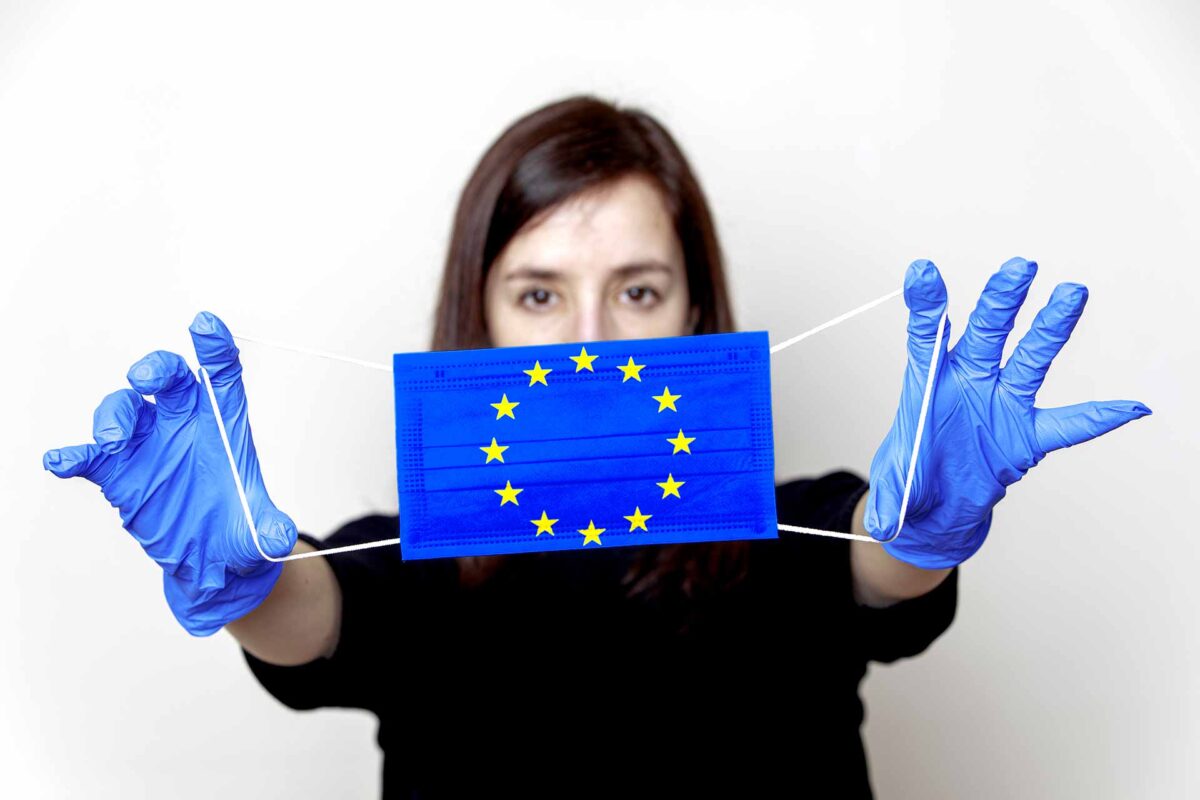
The Commission finances 100% of the reserve, which is hosted by several Member States. The EU’ Emergency Response Coordination Centre manages the distribution of the equipment to ensure it goes where it is needed most. This stockshot provides images of the reserve near Athens, Greece.
Common European stocks
Coronavirus EU reserve of medical equipment in GreeceDenmark, Greece, Hungary and Sweden have joined Germany and Romania as host states of the rescEU medical equipment reserve. Altogether 6 EU Member States with financial support from the European Commission are building up common European stocks of lifesaving protective and other vital medical equipment that can be distributed across Europe at times of medical emergencies, for example when national health systems are overwhelmed by coronavirus patients.
”With winter approaching and coronavirus cases increasing across Europe, building up stocks of critical medical equipment is crucial. With the further host states, rescEU is stepping up a gear. We will be much stronger in fighting the pandemic by working together,” said Commissioner for Crisis Management Janez Lenarčič.
The high grade medical stocks now include FFP2 and FFP3 masks, protective gowns gloves, as well as ventilators
How the rescEU reserve works
The rescEU capacity can include different types of medical equipment, such as protective masks or medical ventilators used in intensive care, and is constantly replenished. The reserve is hosted by several Member States who are responsible for procuring the equipment. The European Commission finances 100% of the assets, including storage and transport.
The Emergency Response Coordination Centre then manages the distribution of the equipment to ensure it goes where it is needed most, based on the needs expressed by countries requesting EU assistance under the Union Civil Protection Mechanism.
The strategic medical capacity is part of the wider rescEU reserve, including other capacities such as aerial firefighting means and medical evacuation capacities. The rescEU reserve constitutes the last resort layer of the Union Civil Protection Mechanism, which can be activated for all type of natural and man-made hazards. EU Member States, the UK (during the transition period), Iceland, Norway, Serbia, North Macedonia, Montenegro and Turkey participate in the Union Civil Protection Mechanism.


